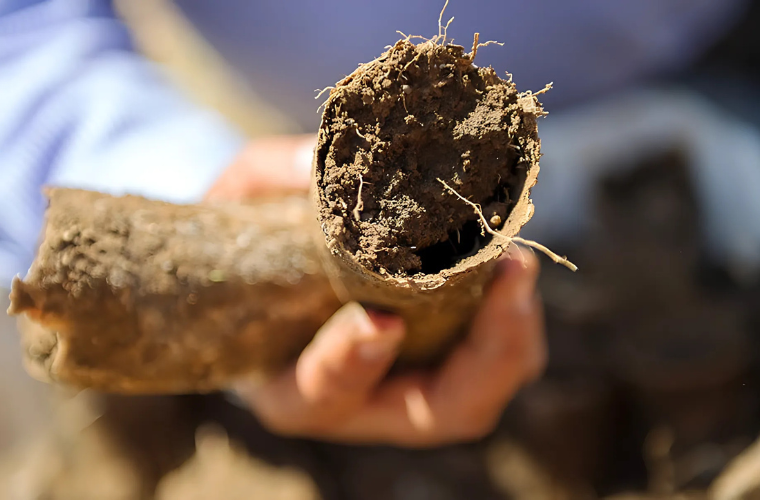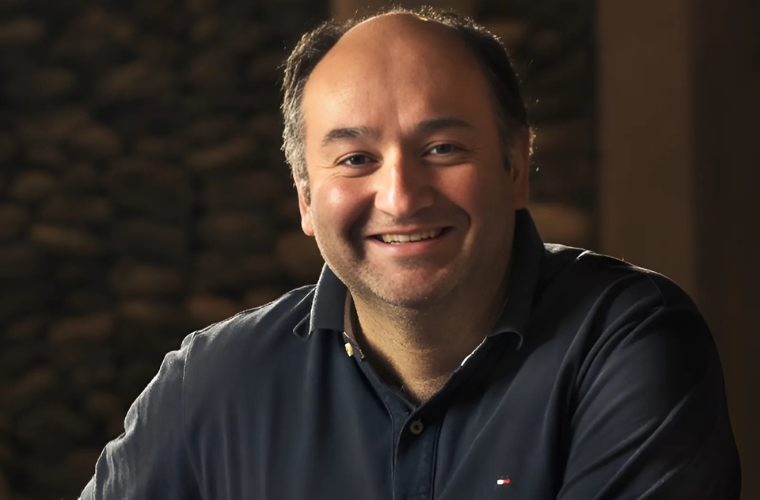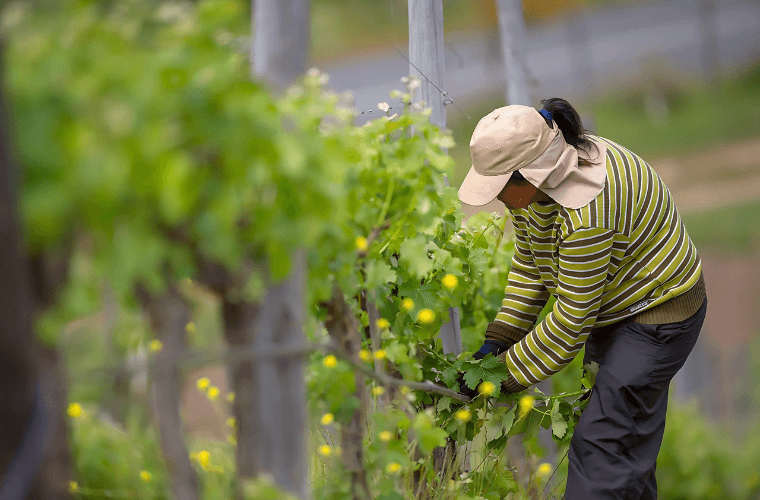Early Bird Ends
January 31, 2025
Judging
Date
May 19, 2025
Winners Announcement
June 10, 2025

Viña Matetic, a family-owned winery founded by the Matetic family in the late 1990s, is an esteemed producer of organically and biodynamically certified wines from the Rosario Valley, nestled between the Casablanca and San Antonio appellations in Chile’s coastal region. Since its first plantings in 1999, Viña Matetic has pioneered cool-climate Syrah in Chile, crafting wines that mirror their dedication to quality, environmental stewardship, and innovation.
Matetic’s winemaker, Julio Bastias, was kind enough to answer some questions about the winery and his perspective on the concept of terroir and its applicability in Chile. First, here is some background on this innovative South American winery.
Viña Matetic embodies respect, innovation, excellence, and sustainability. Each of these values reflects a deep commitment to the environment, to the legacy of the Rosario Valley, and to future generations. The Matetic team believes that wines made with passion and a holistic understanding of the land capture the unique essence of this cherished landscape. They prioritize the integral development of projects that benefit the community and educate local populations, ensuring the family’s legacy is reflected in every bottle.
The Matetic family’s Chilean journey began in 1892 when Jorge Matetic-Celtinja arrived from Croatia. Carrying with them a pioneering spirit, the family ventured into wine production in 1999 by planting their first vineyards. In 2001, Viña Matetic harvested its first grapes, debuting the EQ line with a Sauvignon Blanc, Chardonnay, Pinot Noir, and the groundbreaking EQ Syrah, Chile’s first cool-climate Syrah. These wines introduced a refined expression of the Rosario Valley’s terroir to the world, winning global acclaim.
The commitment to biodynamic principles began in 2002 under the guidance of renowned consultant Alan York. Today, Viña Matetic holds Demeter Biodynamic certification across all 160 hectares, cementing its dedication to environmental integrity and showcasing the distinctive mineral-rich granitic soils of its vineyards.
The unique climate and geology of the Rosario Valley foster ideal conditions for a diverse array of grape varieties. The winery's proximity to the Pacific Ocean brings cool night temperatures, morning mists, and steady coastal breezes, which slow grape ripening and enhance the wines’ acidity and complexity. The vineyards, each with distinct soil compositions rich in granite, quartz, and volcanic elements, offer an expressive terroir for white varieties like Sauvignon Blanc, Chardonnay, and Gewürztraminer, and red varieties such as Syrah, Pinot Noir, Malbec, and Cabernet Franc.

Image: Biodynamic agriculture practice.
The winery, designed by Matetic’s team and architect Laurence Odfjell, opened in 2004 and integrates a gravity-flow design, allowing for gentle handling of the grapes and preserving their integrity throughout the winemaking process. With a capacity of 600,000 liters, the winery houses 1,800 French oak barrels in underground cellars, where wines mature for 12 to 22 months under optimal conditions.
Viña Matetic’s wines consistently garner praise. In 2006, their EQ Syrah 2004 was named one of Wine Spectator’s Top 100 wines, marking the first Chilean Syrah to achieve this honor. Internationally acclaimed, the winery has been recognized by Wine & Spirits as one of the world’s top 100 wineries multiple times. With awards from esteemed critics like Tim Atkin and James Suckling, Viña Matetic stands as a leader in Chile’s biodynamic and organic wine movement.
Today, under the leadership of Jorge Matetic and a dedicated team including Julio Bastias, Viña Matetic continues to explore the distinctive terroirs of the Rosario Valley with each vintage, crafting wines that embody the spirit of the land and the vision of the family behind them.

Image: Julio Bastias
Viña Matetic is a family-owned winery founded by the Matetic family in the late 1990s. We are located in the coastal region south of Valparaíso, between the San Antonio and Casablanca appellations. We are certified organic and biodynamic wine producers, with organic certification in 2004 and biodynamic certification in 2010. We focus on producing wines from varieties such as Sauvignon Blanc, Chardonnay, and Riesling for whites, and Syrah, Pinot Noir, Malbec, Grenache, and Cabernet Franc for reds. Currently, we produce approximately 45,000 cases of 12 bottles each. My role in the company is as the head of enology, overseeing both viticultural and oenological aspects.

I believe we’ve learned a great deal from studying the landscape and its elements. This involves a deeper understanding of soils and the increasingly unpredictable climate, which in my opinion is due to global warming, bringing previously unseen phenomena like massive, short, and violent rain events. The concept of terroir is applicable to what we’re doing today. Additionally, from our experience, knowing the vineyard with a holistic, integrative approach helps significantly in understanding the vineyard landscape in detail.
Certainly, this is important and is one of the pillars of our biodynamic agriculture. We aim to ensure identity through a system of agriculture without external inputs, ensuring the true expression of these coastal landscapes. I believe it’s a way to deliver wines with a unique house signature, with aromatic expression and textures that make them one of a kind.
[[relatedPurchasesItems-61]]
I think it’s crucial to communicate this information accurately without making it too technical, which can make it incomprehensible for consumers. In my opinion, the wine world is sometimes overly intellectualized, distancing consumers. Wine is tradition, nature, and food; it’s for everyone, not just an elite looking to elevate wine culture through terroir as something overly exclusive. Terroir is a very important marketing tool, and personally, we use easy-to-understand examples and clear language.
All photos Credits: Viña Matetic
Also Read:
Jason Hanson’s Journey from Political Science to Pinot
In Conversation with John Alban, Pioneer of the California Rhone Movement
Pablo Avalos on His Commitment to Winemaking and Award-Winning Wines
2025 Sommeliers Choice Awards submissions is now open for domestic and international wines. Enter your Wines now to get the early bird pricing.
